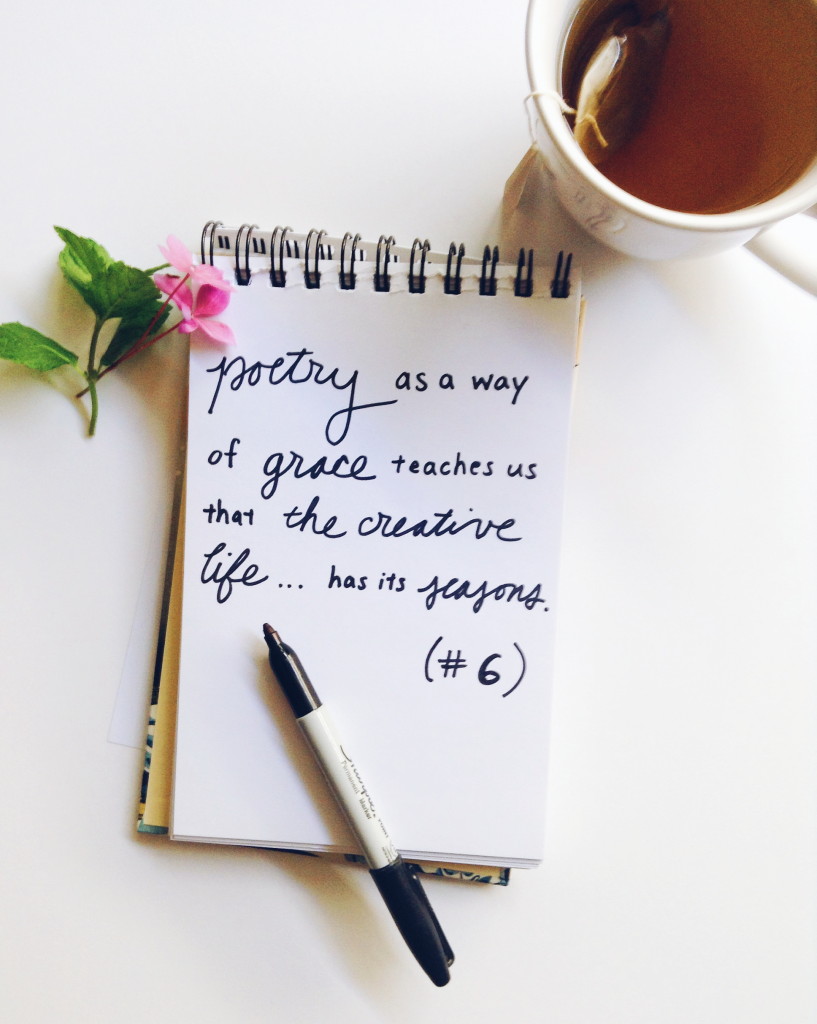As we announced last week, we’re back and more excited than ever to embark on a new journey with Lantern Review. It’s been a fruitful, restorative two years since we published our last issue, and as we’ve begun to ask ourselves what’s next, we’ve found ourselves reflecting on the lessons we’ve learned by going on hiatus.
Here are a few things we’ve discovered from taking our much-needed rest.
- Self-care is important. Nobody can do everything. There are seasons when it is necessary to attend to the non-art-related things in our lives—to family, to one’s health, to relationships, to the keeping of a roof over one’s head. These are the things that enable us to create making art. And it’s imperative not to neglect them if we are to live healthy, fulfilled, and sustainable lives both on and off the page.
- Keeping a notebook is a poet’s lifeline. It’s a record of the vital, ongoing dialogue with oneself, one’s art, one’s reading. Observations, notes, drafts of book reviews, quotations—when kept in a notebook, they become a record of the poetic sensibility in motion.
- Poetry can create family, but sustaining that family requires work. When we started LR in 2009, we were still MFA students, not too long out of college, and, like most young poets of color, hungering after a community to call our own. Over the years, our work on LR has provided us with a rare gift, in that it has made our chosen literary family uniquely accessible to us. So when we made a conscious choice to step back from the magazine, we had to find other ways to engage. What we learned in the months that followed is that often, community is one what makes of it. Sometimes it finds you on its own, but for the most part, one must seek it out, carving it out of the rock if necessary, to survive. How does one do this? By reading more books by poets of color. By writing to those poets. By bringing them into your spaces. By teaching their work in your classroom. Poetry knits artists together, but like any family, it takes effort to foster growth and belonging.
Continue reading “Six Things We’ve Learned from Our Hiatus about the Writing Life”

